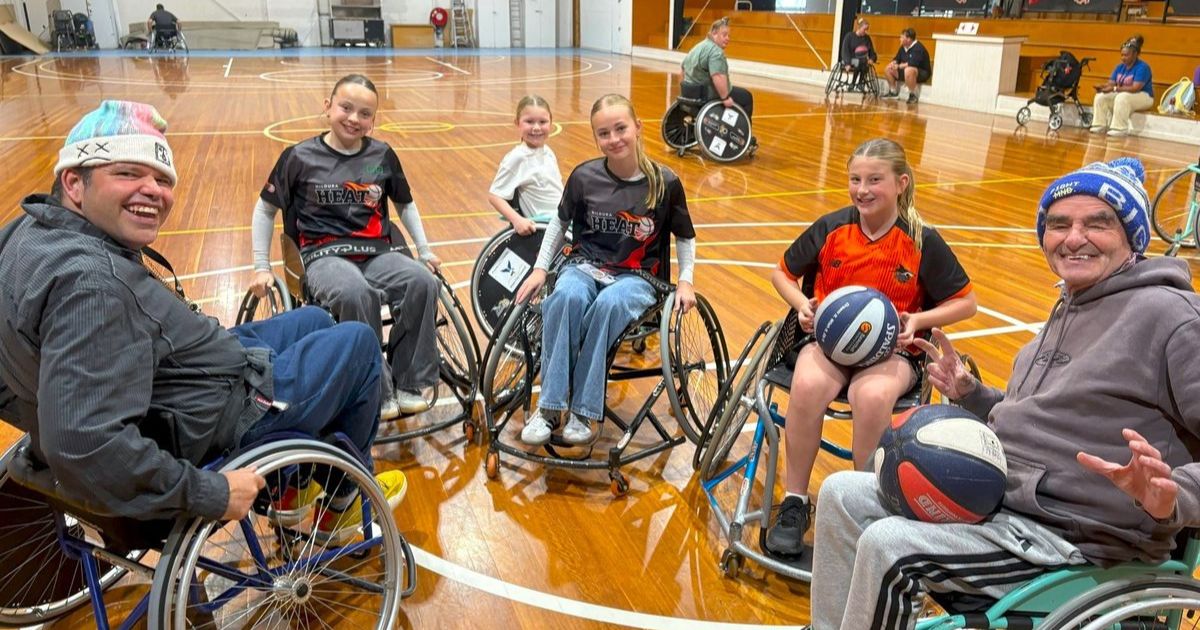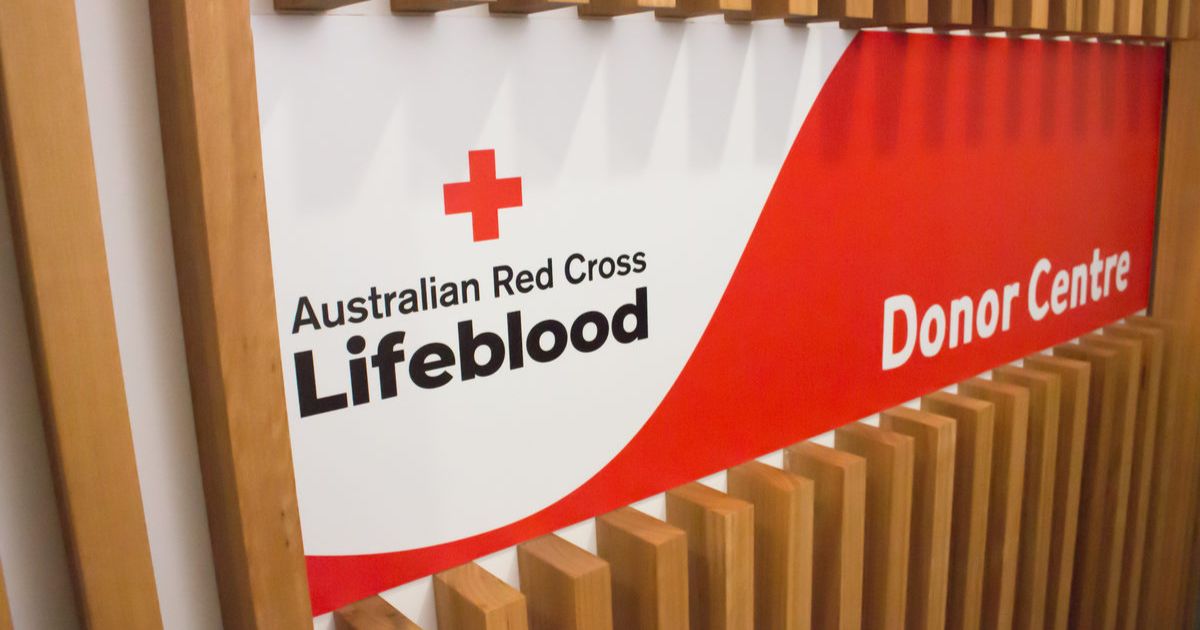Survey finds Baby Boomers feel happier, healthier than Gen Zs

More than half of those aged between 18 and 29 say technology is having an overall negative impact on their mental wellbeing. Photo: FREEPIK.COM
Baby Boomers consider themselves healthier than younger generations, with Gen Zs and Millennials saying mental health, financial stress and quality of life are affecting their overall health and wellbeing, according to Bupa’s annual survey.
The latest Bupa Pulse Check showed while there was an increase in people using technology such as wearables to monitor their health and fitness, more than half (53 per cent) of those aged between 18 and 29 say it was having an overall negative impact on their mental wellbeing.
The report states this has forced many to do a digital detox and reduce time on devices, compared to only 16 per cent of those aged 60 and above saying tech was not interfering with them living their best life.
The study of 2,000 Aussies, conducted by Quantum Market Research, shows while younger Australians want to be healthier and experiment with new health and wellbeing trends, they do not rate themselves as healthy as the older generations.
Baby Boomers were most inclined to feel they were healthier than the younger generations.
Bupa Pulse Check also reveals how the cost-of-living crisis is affecting people’s mental health, with finances overtaking mental health as the top factor impacting our quality of life compared to last year.
One in six Aussies also rate their mental health as poor.
Compared to last year, more than a third (35 per cent) said their perceived quality of life worsened with current housing and rental market conditions key contributors, up from 31 per cent last year.
Those concerned about developing a chronic illness dropped to 65 per cent from 68 per cent but there was an uptick in Aussies spending more time outdoors, jumping from 66 per cent to 70 per cent.
“Overall Australians have started the new year with a healthier mindset and are putting their mental health and wellbeing first,” Bupa Health Insurance managing director Chris Carroll said.
“This research shows us while there is a generation gap, there’s benefits of getting back to basics.
“We know technology is here to stay and help us in our everyday lives, but we shouldn’t forget the simple pleasures of putting our devices away and catching up with friends, heading outdoors, or finding a new activity to improve our health and wellbeing.
“It’s also positive to see people taking stock of their mental health whether it’s exercise, self-care, reducing their alcohol intake, reaching out to medical practitioners and their friends.”
Quantum Market Research managing director Richard Frost said inflationary pressures had significantly affected how people perceived their quality of life.
“Given the current cost of living crisis we need to help Aussies overcome financial barriers to exercise and to know there are alternatives.
“You don’t need the latest on-trend equipment or membership to stay fit – and that’s why we’ve seen a big uptake in running, or people going for a walk or cycling in the outdoors.
“Those who are successfully looking after their health and wellbeing are building routines, rewarding themselves, getting motivated with others and setting goals.
“Given all the tools and services we have at our disposal to stay on top of health and wellbeing, it’s surprising that younger Aussies feel their generation is not as healthy as the one before it.”


















